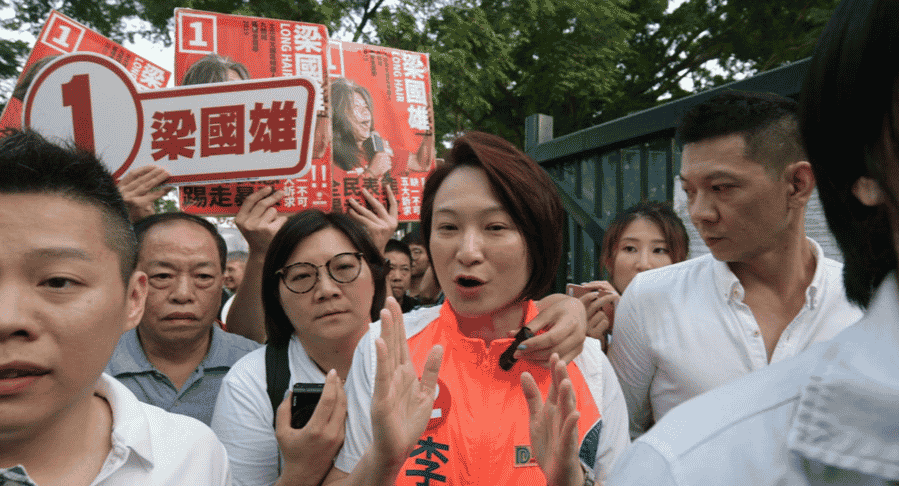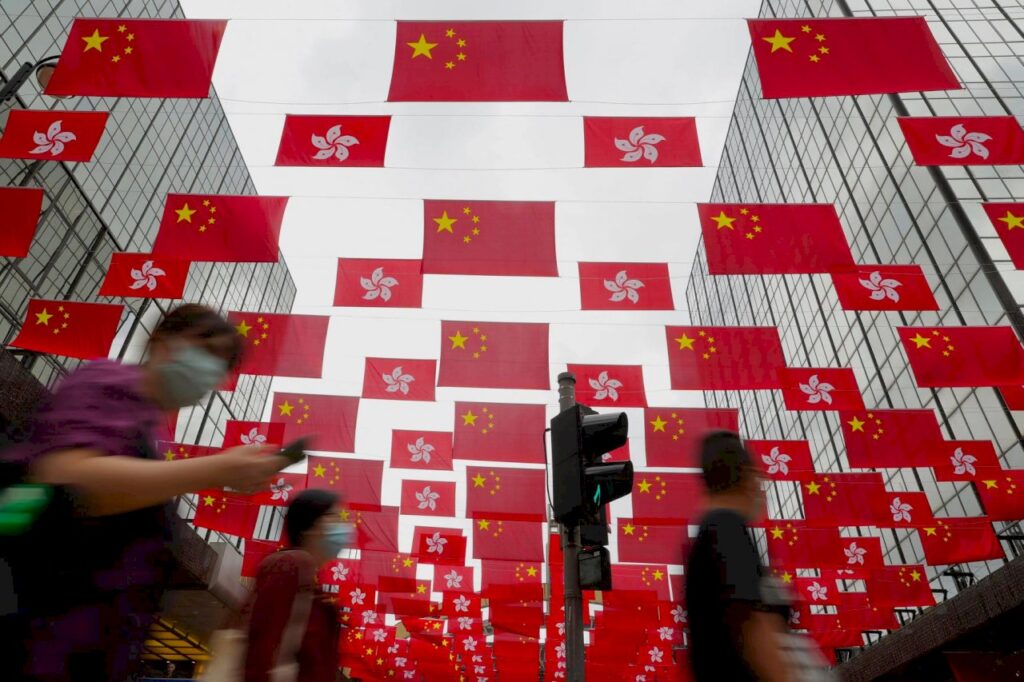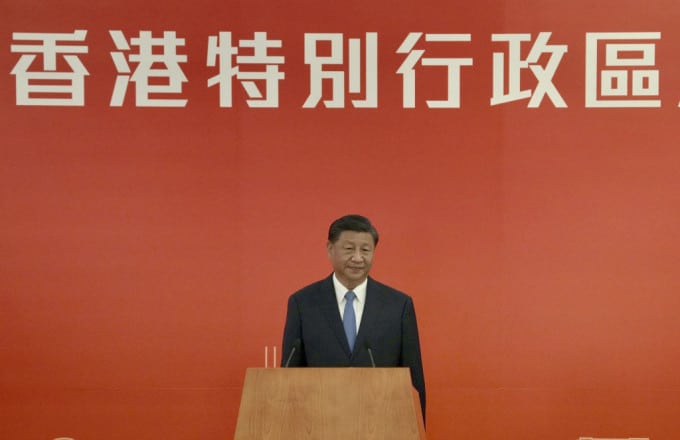The new District Council is about to enter the election period. Almost all seats are elected by one person, one vote. Many parties are looking forward to earth-shaking results. Although district councils are only a nominal advisory organization for local decision-making, district councilors play an important political role. They not only determine one-tenth of the special committee members, but also dominate six seats in the Legislative Council. Political issues are popping up everywhere, and voters expect their representatives to reflect their political demands. Recent meetings have been the first to bear the brunt of political statements. The politicization of grassroots democracy is a general trend and will be embedded in the genes of the parliamentary system in the future.
Regional innovation restores confidence
Voter registration has reached a new high, and turnout will undoubtedly reach its peak. The defeat of the establishment faction was expected, but the non-establishment faction's struggle for complete dominance in the 18 districts was not as natural as imagined. ○Three years was the best year for the pan-democrats, winning nearly 40% of the elected seats and successfully gaining control of Wan Chai District. The glorious victory was fleeting, and the non-establishment faction has since lost ground. Even after experiencing the baptism of the Umbrella Movement, the number of seats won in the last election was less than 30%. Among them, the Umbrella Movement only won eight seats, which is not considered outstanding. In next month's election, the non-establishment camp is in good shape. However, under the "no platform" mentality, multiple districts are fighting, and various people who refuse to coordinate want a piece of the pie. Picking tickets and hitting the zone are the biggest obstacles for "fellow travelers", and may even be the subtle key to the battle for dominance.
Will the new political situation give birth to a new parliamentary culture? At that time, the pan-democrats won more than half of the seats in Wan Chai District. They did not need to fight for drastic administrative reforms in the district and could still use their existing powers to bring innovation to the region. In the past few years, the SAR government has launched new projects in district councils: community participation plans, regional minor projects, and community key project plans, and delegated power to district councils to use funds, but this has caused a lot of controversy. The new generation values candidates’ political ability and is willing to monitor parliament and participate in community decision-making. If newly-minted district councilors can improve the rules of procedure, public participation, information transparency, declaration of interests and other shortcomings that have been criticized by many people, they may be able to restore citizens' confidence in public power.
The new climate of parliament deserves attention
Newcomers to politics are eager to bring about change, while citizens also have expectations for regional services. It is not easy to win the trust of voters in just a few months just by relying on a sudden political issue. Moreover, parliamentary work is not simple. It will be a big challenge for independents or political amateurs without party connections and lack of support to achieve results after being elected. The pro-establishment faction has pursued welfarism and established regional relations networks, thus occupying many district councils. This has its own way of success. Although the situation in each district is different, whenever regional affairs are raised to the policy level, it may be too high-level and residents will inevitably feel "off the ground". Serving the neighbors down-to-earth and building good relationships with neighbors is still the political reality of grassroots councils.
There are winners and losers in elections, and it is normal for the political landscape to be overturned again and again. The cultural renewal that may be achieved by the next District Council is more worthy of observation by all those who care about the development of democracy. If conservatives can accept electoral competition and make progress by eliminating the weak and retaining the strong, and radicals can lower their political burdens and enter institutional channels, I believe that the new trend in parliament will be the result that most people are waiting for. As long as social strife persists, coercion or force against any campaign team will erode the electoral culture. The international community is paying attention to Hong Kong, and no one wants the election to be postponed. The government needs to show that the operation of the SAR is business as usual and ensure a fair and open election. This is the basic insistence of a democratic society.
Ray Poon
Co-Convenor (Research), Path of Democracy



